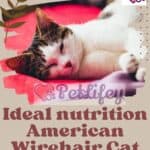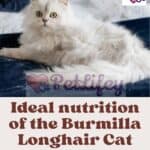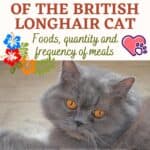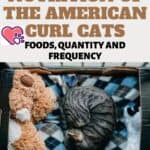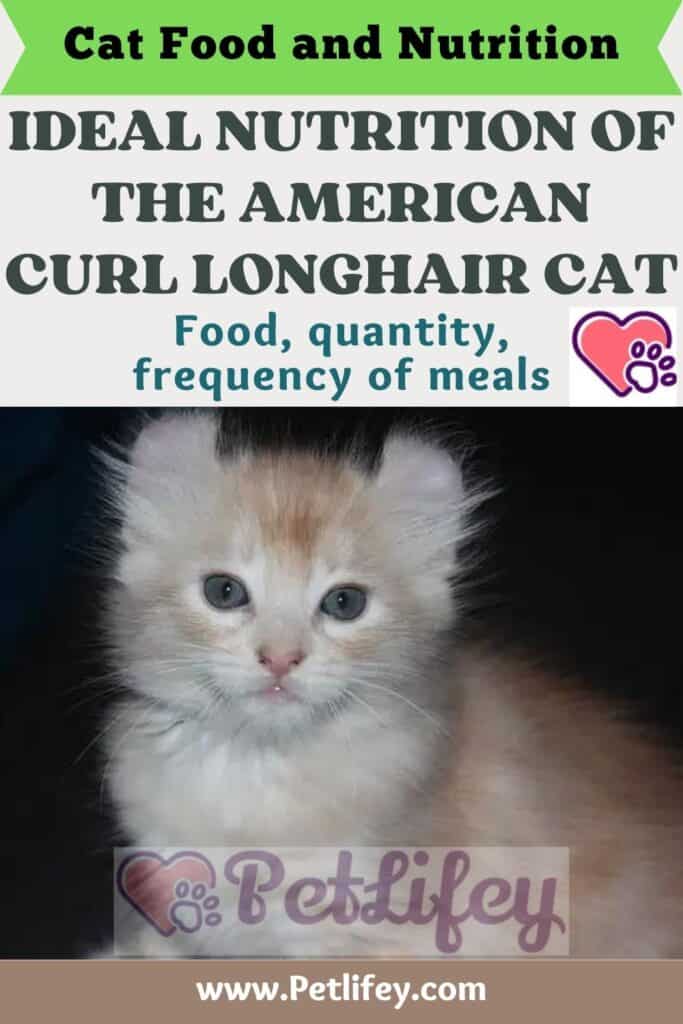
If you’re wondering what to feed the American Curl Longhair, here’s everything you need to know about feeding this breed.
The American Curl is a medium to large sized cat with a muscular build. What foods are best suited to him and how often is it advisable to feed him? Let’s see together all the information available to us on the ideal diet of the American Curl Longhair.
Nutrition of the American Curl Longhair: quantity and frequency of meals
To plan a correct diet for our American Curl Longhair, it is essential to know how often to feed the cat and what are the ideal rations of baby food: let’s find out together in this paragraph.
The curved eared cat is not predisposed to the accumulation of excess weight. Indeed, it is an active and playful quadruped.
However, a number of factors such as age, health and lifestyle could still expose your four-legged friend to the risk of obesity.
Therefore, although the daily dose of dry food for cats amounts to about 150-200 grams, it is always preferable to ask for the advice of those with more experience.
In this regard, contact your veterinarian, who will be able to accurately indicate the amount of food to give to your pet on a daily basis.
As for the frequency of meals, it is recommended that you eat your American Curl twice a day: in the morning and in the evening.
This way, you won’t risk being woken up in the middle of the night by the hungry cat demanding its ration of kibble.
What to feed the American Curl Longhair
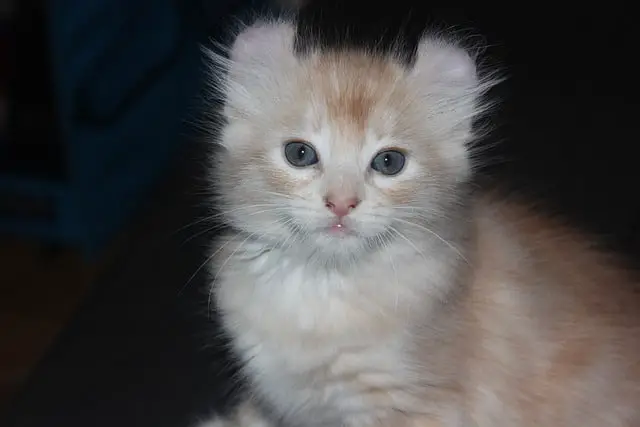
Finally, let’s find out which foods cannot be missing when it comes to the ideal nutrition of the American Curl Longhair.
The specimens of this breed, just like any other feline, are carnivores. For this reason, the diet of the curved-eared cat must necessarily be based on the intake of animal proteins.
The most suitable foods for your four-legged friend? Lamb, beef, rabbit and chicken, but also anchovies, blue fish and cod.
If you opt for a home diet, among the additional ingredients with which to enrich the preparations intended for your four-legged friend there are eggs, low-fat cheeses, vegetables and rice.
Beware of any nutritional deficiencies. In fact, when it comes to home nutrition, this risk is just around the corner.
For this, the best advice is to ask for the help of the veterinarian, who will be able to show you the essential substances for the well-being of the cat, including minerals and vitamins that the cat can take exclusively through meals.
Otherwise, your four-legged friend could suffer from unpleasant pathologies.
If the home diet does not suit your needs and preferences, you can opt for the choice of industrial feed, paying attention to the ingredients with which they are made: it is essential that they are fresh and of the highest quality.

